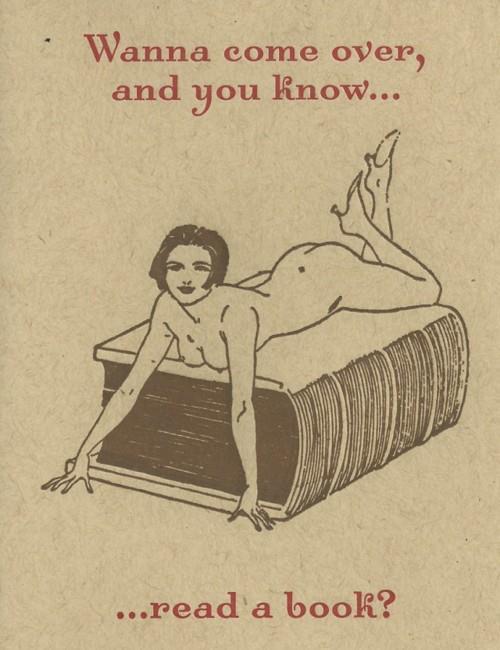“A character who needs the accoutrements of worldly success will never be seen by the audience as heroic. Heroes are invariably ascetic, denying themselves pleasures and comforts that ordinary people take for granted.… In war films, the hero often declines invitations to partake of food or sex…. The hero can’t relax, can’t have fun. In westerns … all he owns in this world is in that tiny bundle behind the saddle we see when he first appears. We don’t know if he ever changes his shirt or if he even has a shirt to change into, so minimal are his earthly possessions. In detective, police, mystery, and spy films, the central character usually lives in a one-room apartment … but it’s hard to say the hero lives there – it’s where he flops when he’s overcome with exhaustion.… Like religious and mythical heroes of earlier years, the hero is in this world, but not of it. He denies himself the pleasures ordinary mortals yearn for precisely because he isn’t an ordinary mortal.”
—Howard Suber, The Power of Film
Self-Denial
